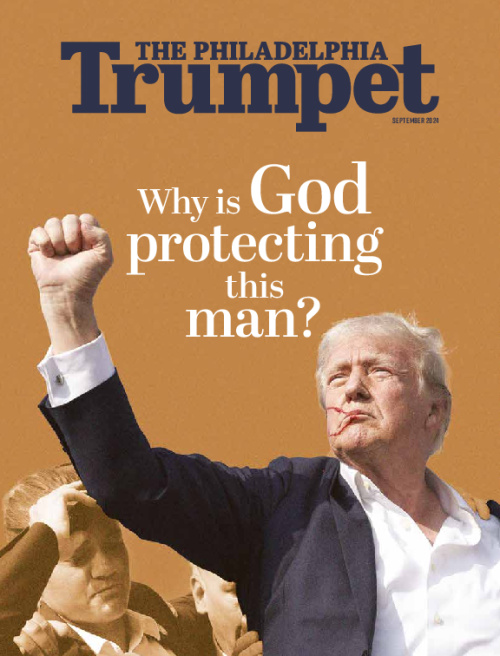Supreme Court: Support the Chief Executive
In the Trump v. United States case decided on July 1, the Supreme Court held 6-3 that presidents have absolute immunity from prosecution for official actions taken within their constitutional authority. This clarifies and confirms the constitutional authority of the presidency.
The media zoomed in on the phrase “absolute immunity” and published headlines like “The Supreme Court Puts Trump Above the Law,” but constitutionally there is nothing controversial about it. The U.S. “constitutional structure of separation of powers” makes the president responsible and accountable for enforcing federal laws. If a president takes action to fulfill this constitutional obligation, of course he is immune from prosecution. As the Constitution provides, Congress can impeach the president, or the Supreme Court can declare his actions unconstitutional. But a special prosecutor has no authority to arrest the chief executive.
Department of Justice Special Counsel Jack Smith is currently trying to convict Donald Trump of “conspiracy to defraud the United States” because he “attempted to use the Justice Department to open sham election crime investigations.” Yet as chief law enforcement officer of the U.S., the president has every right to use the Justice Department to investigate allegations of voter fraud. Trump v. United States makes it almost impossible for Smith to convict Trump for “conspiracy to defraud the United States.”
Chief Justice John Roberts’s majority opinion notes that “Article ii of the Constitution vests ‘executive power’ in ‘a president of the United States of America.’” This obvious statement affirms that the president is the sole source of executive power in the federal government. He cannot usurp Congress’s legislative power or the court’s judicial power, but he is the repository of executive power and unaccountable to lesser executive officials such as the attorney general.
The first time Donald Trump was elected president, federal officials loyal to Barack Obama tried to subvert his agenda while hiding behind the false notion that they were acting as a constitutional check on the president. The Trump v. United States ruling clarifies that, constitutionally, federal officials have only as much executive authority as the president delegates to them. This means that when President Trump inevitably returns to the presidency, he will return to a more powerful office that is effectively immune from unconstitutional lawfare.
